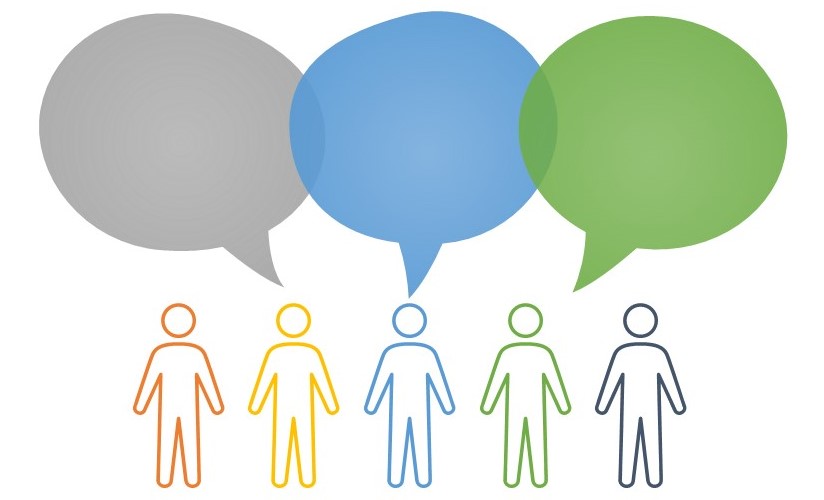
Questions and answers

Questions & Answers
Why do we need a Coalition for Evidence?
Gathering and using evidence to make policy decisions is nothing new. The COVID-19 pandemic put this practice to the test, revealing the inherent weaknesses in evidence infrastructures and highlighting the need to promote evidence-informed decision-making in global public health. Limited collaboration across sectors, fragmented efforts, duplication of work, and the application of different norms and standards all hamper the timely uptake of high-quality evidence to inform decisions on issues of public health importance. The global community of stakeholders in evidence-informed policies, therefore, called for a network to bridge these gaps on the road to attaining the health-related SDGs, leading to the creation of the Coalition.
What is the Coalition?
The Coalition was launched at the Global Evidence Summit 2024, as an initiative aimed at bringing together diverse interest-holders, across disciplines and geographies. It seeks to provide a global forum for knowledge exchange, collaboration, and learning that equips governments, professionals, and civil society to make evidence-informed decisions for healthier and more equitable futures. As it continues to take shape, the Coalition is expected to foster collective impact by implementing a 3C approach – enhancing Collaboration, strengthening Coordination, and fostering Consolidation – to build stronger connections between science and policy, improve how evidence is used, and contribute to more informed decision-making globally.
Who can engage with the Coalition?
The Coalition is being designed to convene and engage key actors from across the evidence ecosystem – evidence producers, evidence brokers/intermediaries, evidence users – who are committed to creating a future where decisions are informed by high-quality evidence. Once fully established, membership will be open to interested organizations operating at global or regional level in the evidence ecosystem, government technical agencies, professionals in health and health-related fields, researchers, civil society, and funders. Participants are expected to engage in the activities of at least one working group and attend meetings as needed. Organizations and individuals are welcome to contact EIDM@who.int for more information.
Why should I engage with the Coalition?
The Coalition builds on experience accumulated over 20 years from EVIPNEt, uniting diverse interest-holders for greater impact on global health. Engaging in this evolving forum offers a chance to contribute to collective action that advances evidence-informed decision-making (EIDM). Participants will gain access to cross-sector expertise, collaboration opportunities , resource sharing, peer-learning, capacity strengthening, , fundraising opportunities, and insights into the latest innovations and trends in EIDM.
How does the Coalition differ from other evidence-to-policy initiatives?
Convened and hosted by WHO and building on the success of EVIPNet, the Coalition aims to occupy a unique space in the evidence-to-policy landscape, welcoming members not only from health but also related sectors, such as the education, environment, and social sectors, and spanning the entire evidence ecosystem, including data generation and analysis, modelling, and evidence synthesis. Rather than focusing on implementation and applying policy in practice, the Coalition is being developed as a platform for coordination, collaboration, and consolidation to integrate different types of evidence and institutionalize evidence-informed decision making (EIDM) to improve health outcomes.
The Coalition’s activities will be implemented by four working groups, which are currently in the process of being established. Those groups will respectively focus on:
- Collaborative learning for change.
- Institutionalizing evidence-informed decision-making.
- Integrating evidence workstreams.
- Priority-setting and promoting research on research use.
